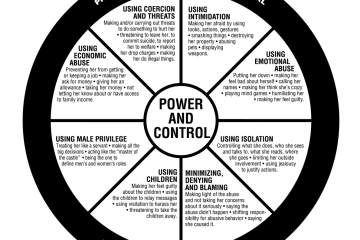The Relevance of Madness in Today’s Society

Introduction
Madness, often associated with mental health disorders, has been a topic of significant discussion in recent years.
As societies evolve, the understanding and perception of madness shift, influencing public discourse and health policies. With increasing awareness about mental health, discussions surrounding madness are more relevant today than ever before.
The Evolution of the Concept of Madness
The term ‘madness’ traditionally referred to a range of mental health disorders, often carrying a stigma that led to social isolation for affected individuals. Historically, individuals labeled as ‘mad’ were frequently institutionalised, reflecting society’s inability to comprehend or accept mental health issues.
In the 21st century, the perspective has changed significantly. Mental health professionals advocate for a more nuanced understanding of madness, focusing on conditions such as schizophrenia, bipolar disorder, and severe depression. This shift aims to reduce stigma and promote empathy, leading to a broader acceptance of mental health as an essential component of overall well-being.
Current Events and Issues
The impact of the COVID-19 pandemic has highlighted various aspects of madness across the globe. A report from the World Health Organization in 2022 indicated a 25% rise in general anxiety and major depressive disorder, emphasising the urgent need for attention in this area.
In regions such as the UK, increasing numbers of people are reaching out for support, driving a demand for mental health resources. Government initiatives aimed at improving mental health services and public awareness campaigns are becoming more prevalent as society acknowledges the pressing challenges surrounding madness.
Conclusion
The concept of madness is undergoing a transformation, moving from a stigmatized perception to one of understanding and compassion. This shift is vital, as it enables society to address mental health issues more effectively and empathetically. As mental health awareness grows, it is anticipated that broader societal reforms will follow, cultivating an environment where individuals feel safe to seek help without fear of judgment. By embracing this changing narrative, society can foster resilience, understanding, and support for those grappling with mental health challenges.









